Iraqis voted in a parliamentary election yesterday marked by tight security and a boycott by a major political bloc. The election comes following major shifts in the region over the past two years, including the weakening of Iran's influence, after the wars in Gaza and Lebanon, as well as the fall of Syrian President Bashar Assad last December. Lahib Higel, Senior Iraq Analyst at the International Crisis Group, spoke to Bloomberg's Jennifer Zabasajja on Horizons Middle East and Africa.
According to Higel, the Iraqi political system is "rotten to its core," citing the country's ongoing sectarian divisions and the lack of trust between various factions. "The system is designed to perpetuate the status quo, and it's very difficult to change it," Higel said. "You have a system that is based on a sectarian quota system, which is not conducive to good governance."
The election was held amidst a backdrop of heightened security concerns, with the Iraqi military and security forces deployed across the country to prevent potential violence. The boycott by a major political bloc, led by the Fatah Alliance, was seen as a response to the government's failure to address the country's pressing issues, including corruption and economic stagnation.
The Iraqi political system has been plagued by sectarian divisions since the US-led invasion in 2003. The country's constitution, adopted in 2005, established a federal system with a quota-based representation, which has led to ongoing tensions between various factions. The current government, led by Prime Minister Mustafa Al-Kadhimi, has struggled to address the country's pressing issues, including corruption and economic stagnation.
Higel noted that the election results are unlikely to bring about significant change, given the country's entrenched sectarian divisions. "The election is likely to produce a government that is similar to the previous one, with the same parties and the same factions," Higel said. "It's very difficult to see how the election will bring about a significant change in the country's trajectory."
The election results are expected to be announced in the coming days, with the new government likely to be formed in the following weeks. The international community, including the United States and the European Union, has expressed support for the election process, but has also emphasized the need for the new government to address the country's pressing issues, including corruption and economic stagnation.
In a statement, the US Embassy in Baghdad welcomed the election and expressed support for the Iraqi people's right to participate in the democratic process. The European Union also welcomed the election and emphasized the need for the new government to address the country's pressing issues, including corruption and economic stagnation.
The election marks a significant milestone in Iraq's democratic journey, but the country's ongoing sectarian divisions and the lack of trust between various factions remain major challenges to good governance. As Higel noted, "The Iraqi political system is rotten to its core, and it's going to take a lot of effort to change it."
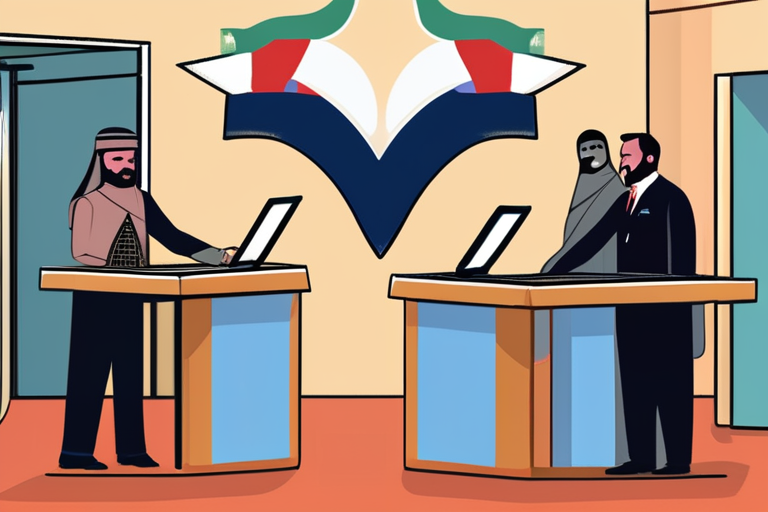


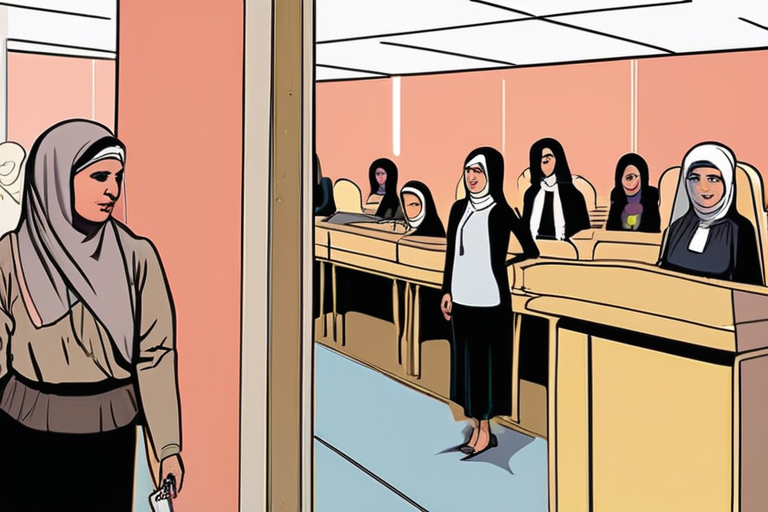
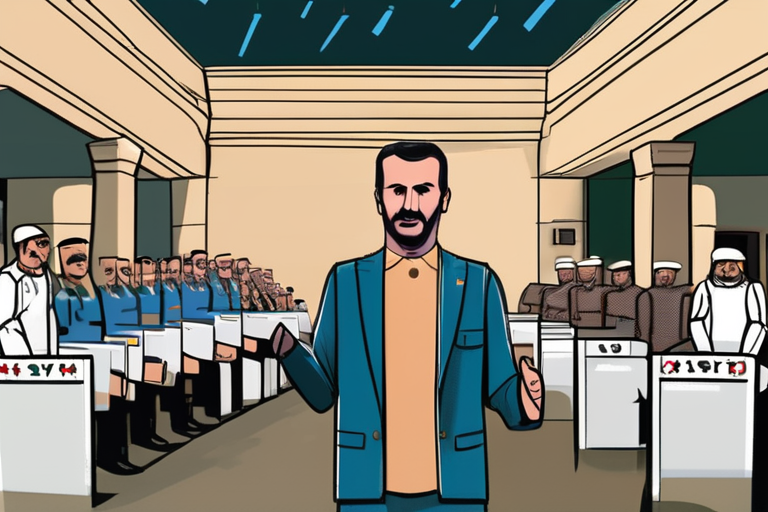
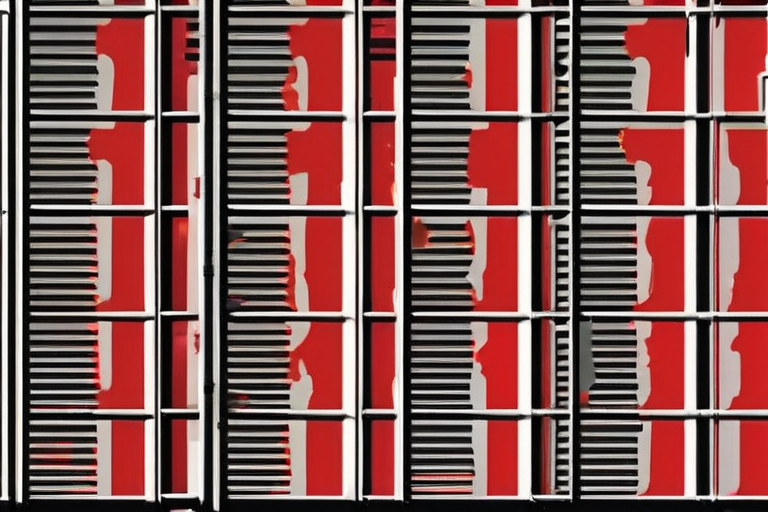
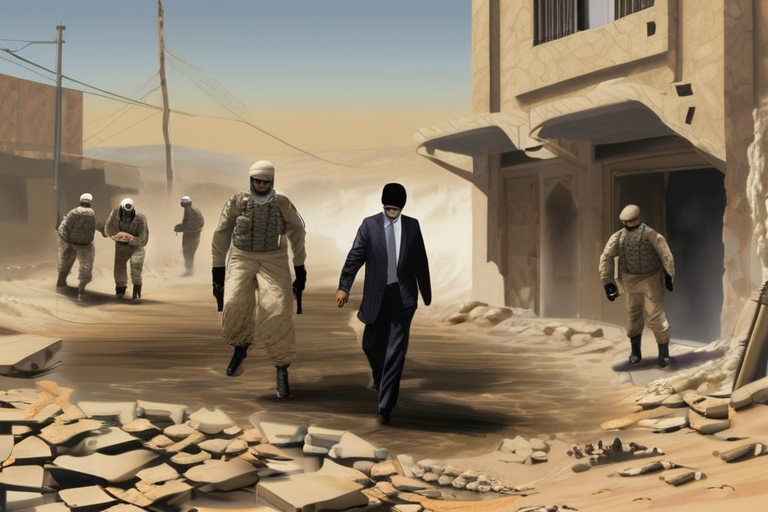
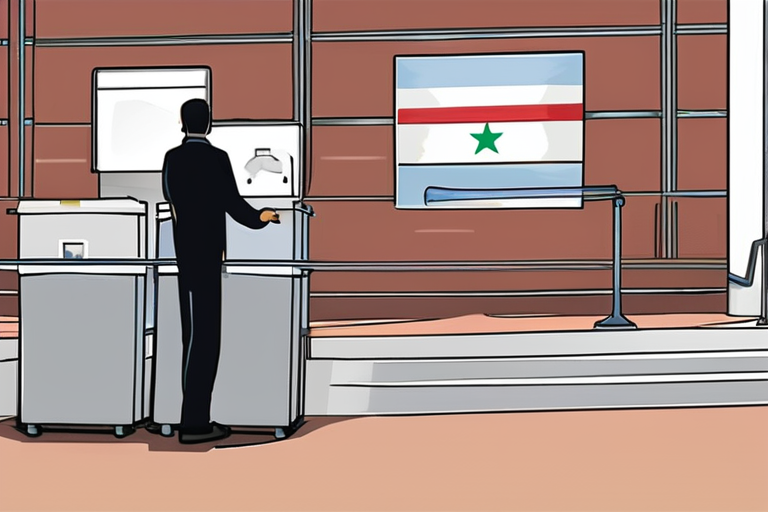
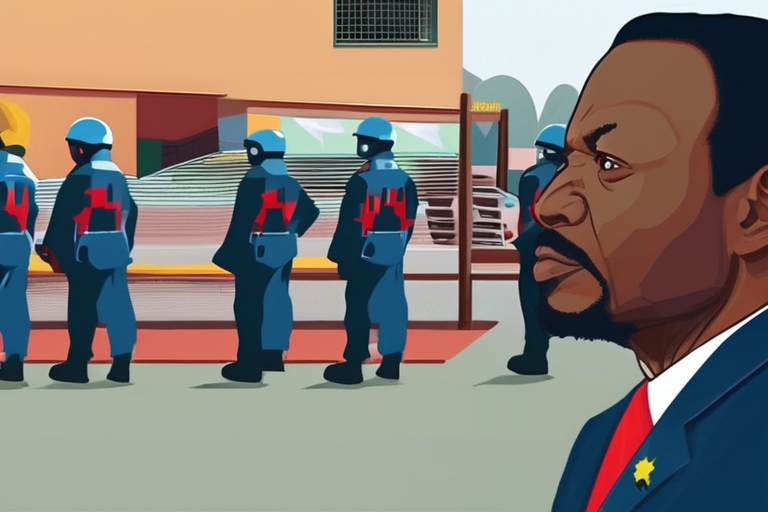
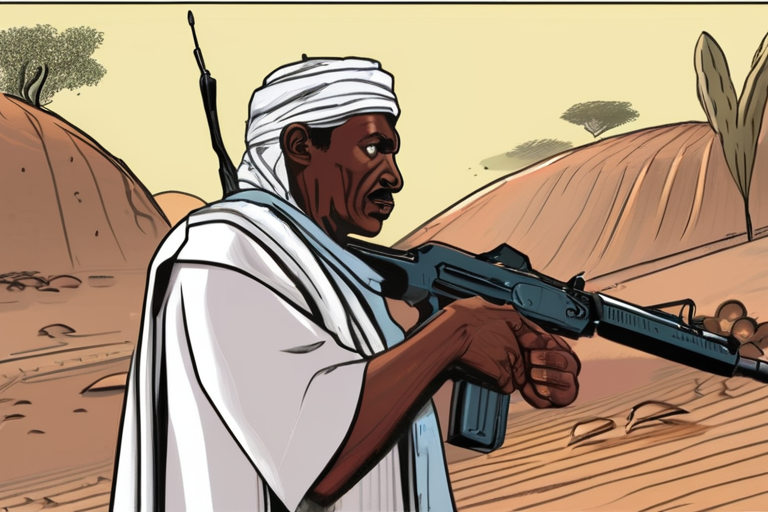

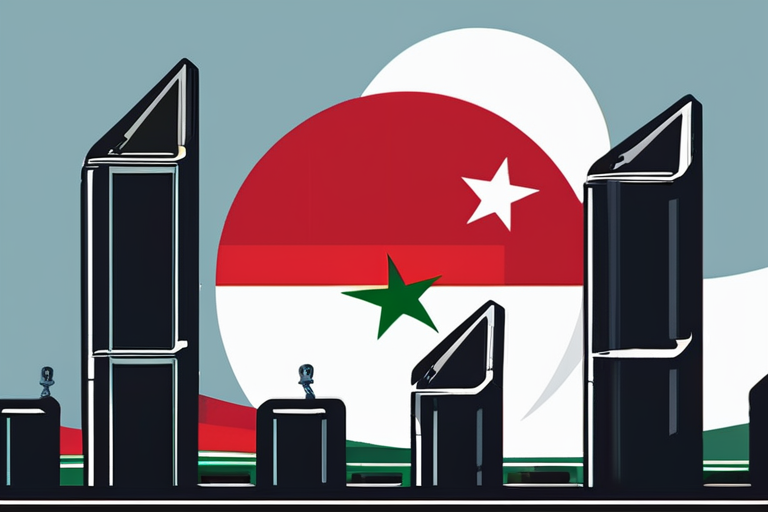
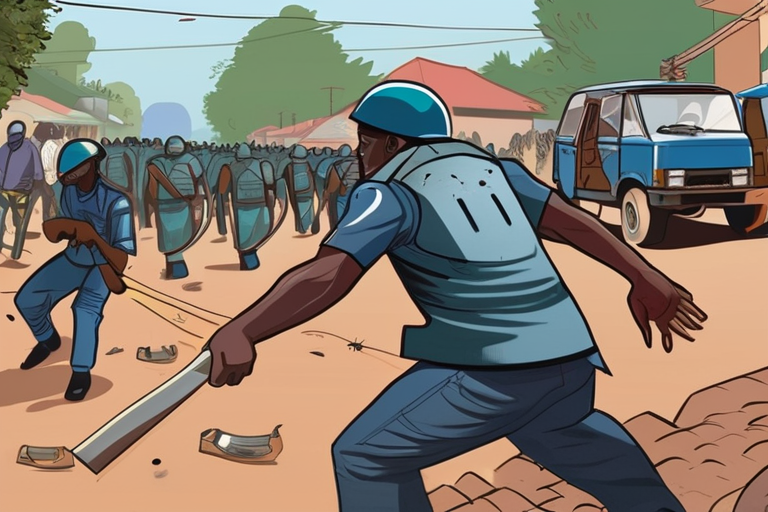
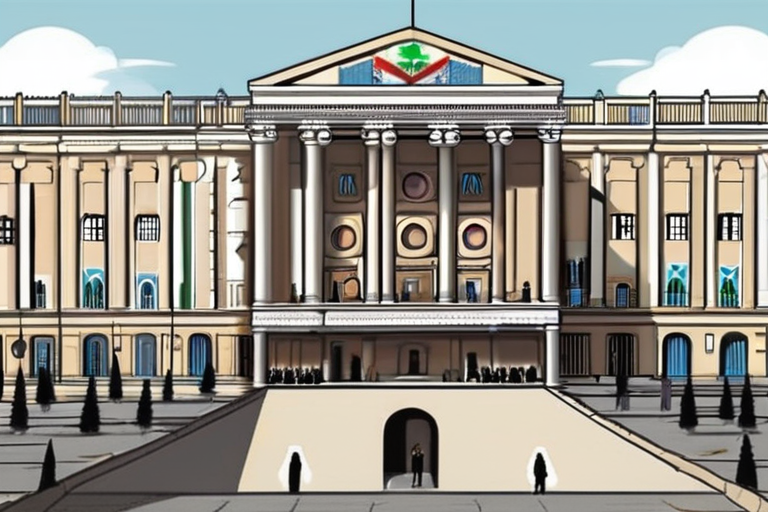
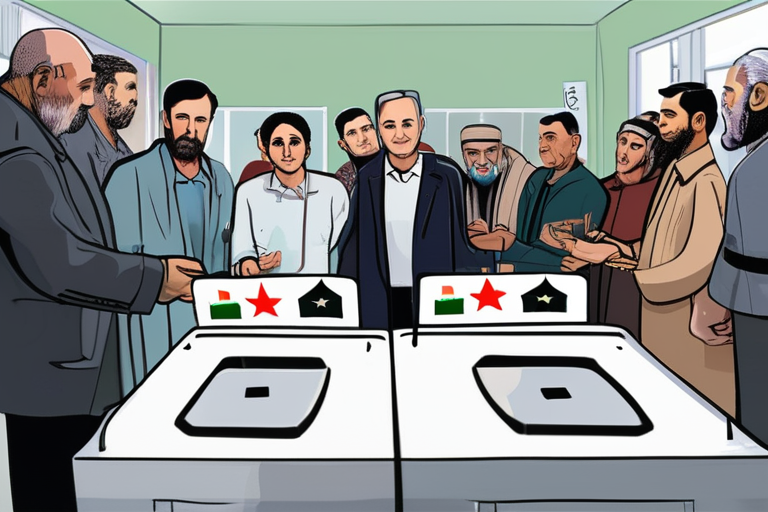
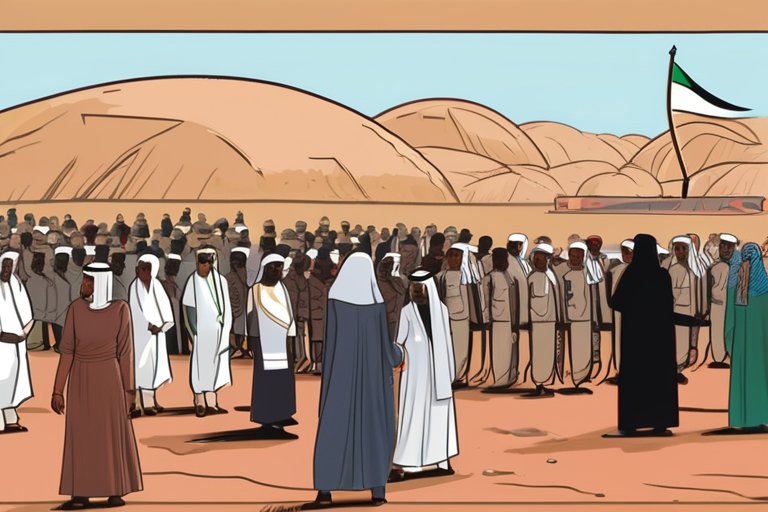
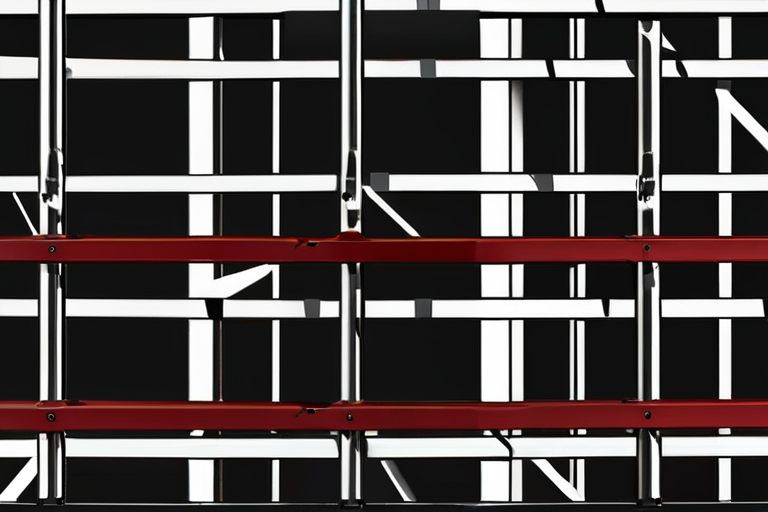
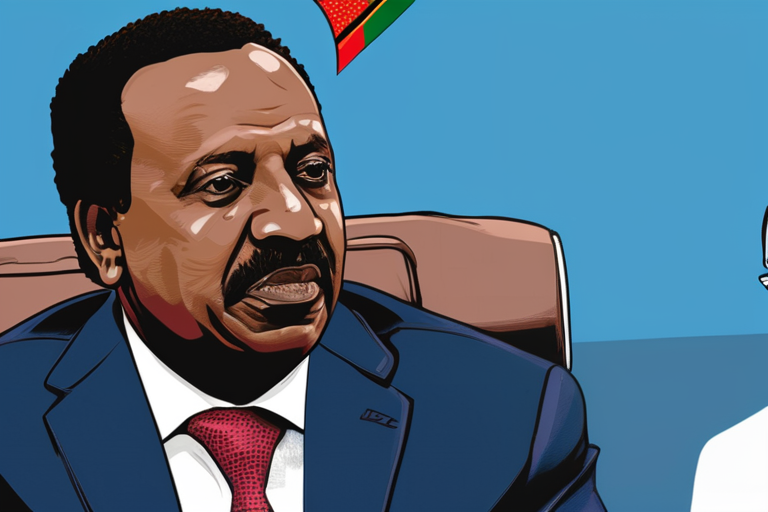

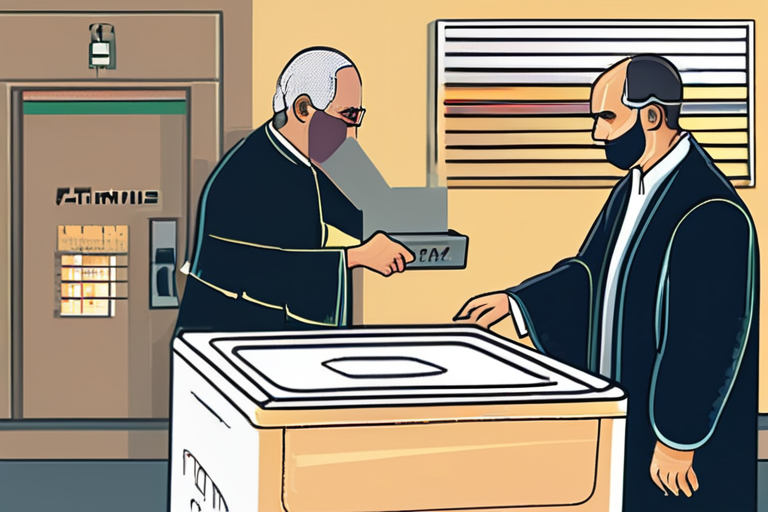
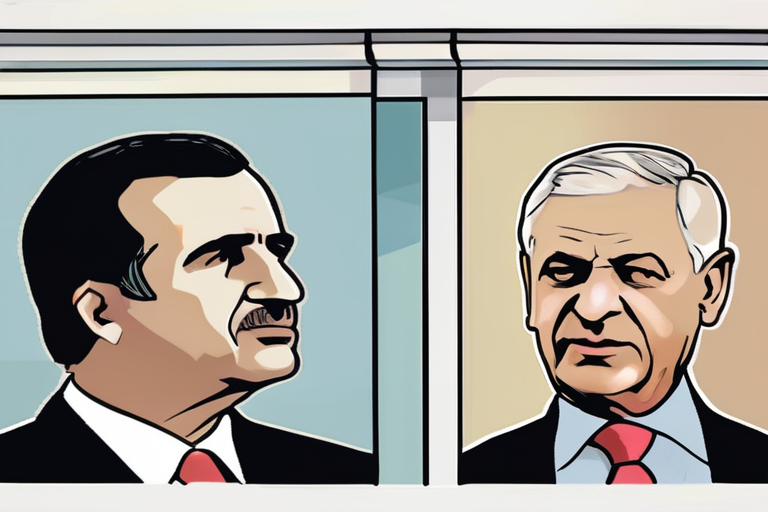
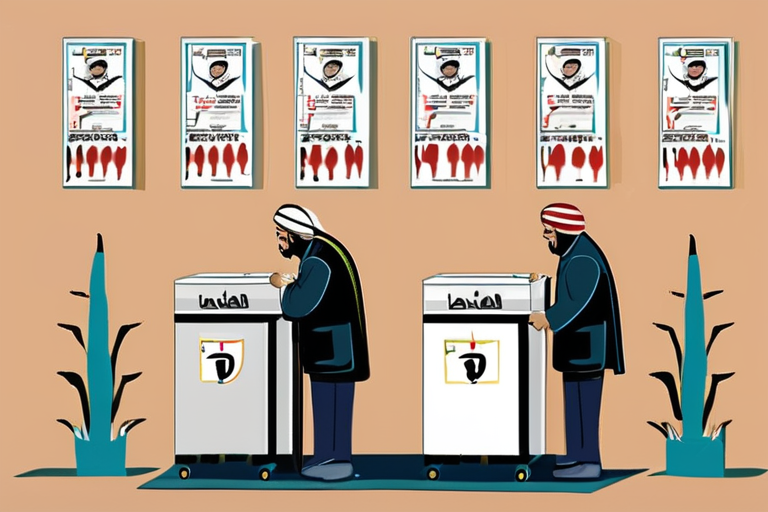
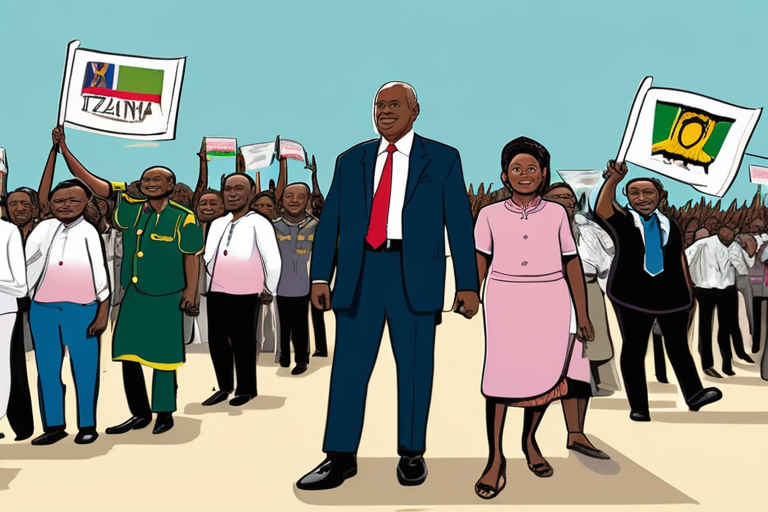
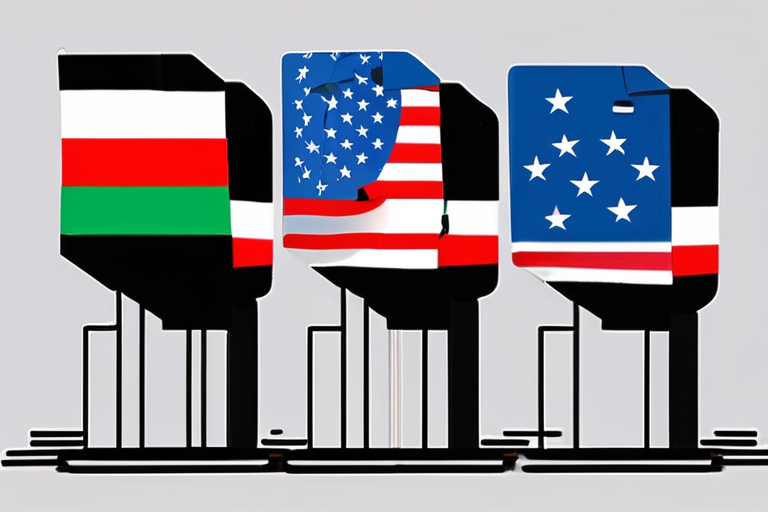
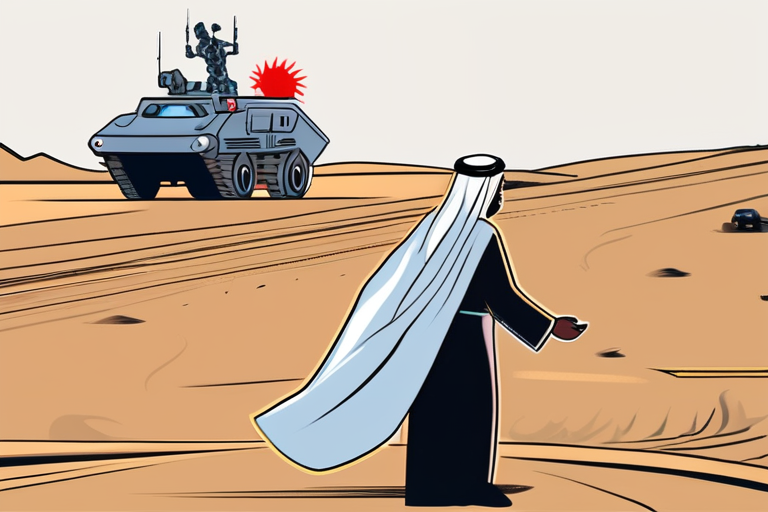
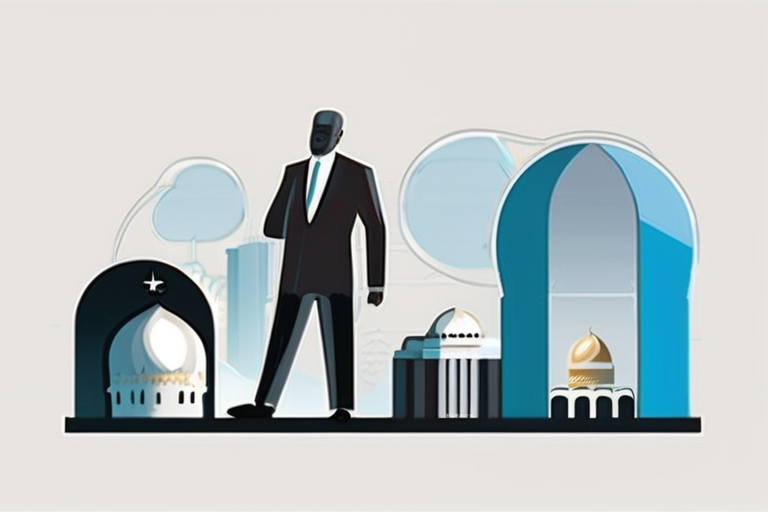
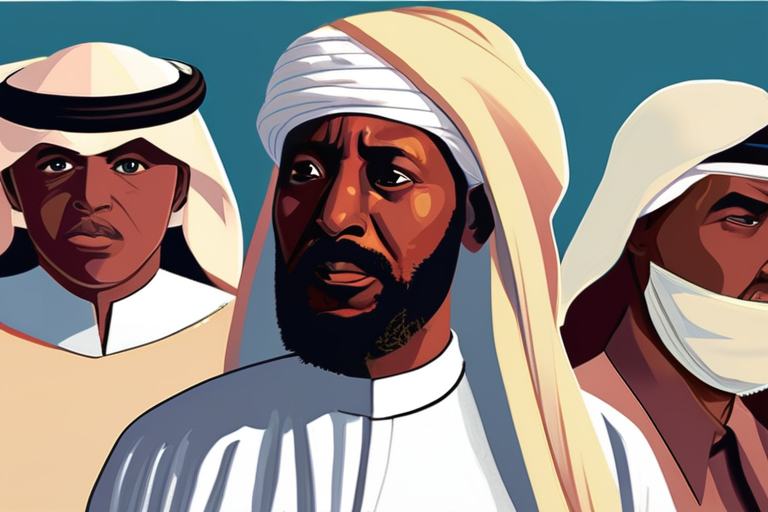
Share & Engage Share
Share this article